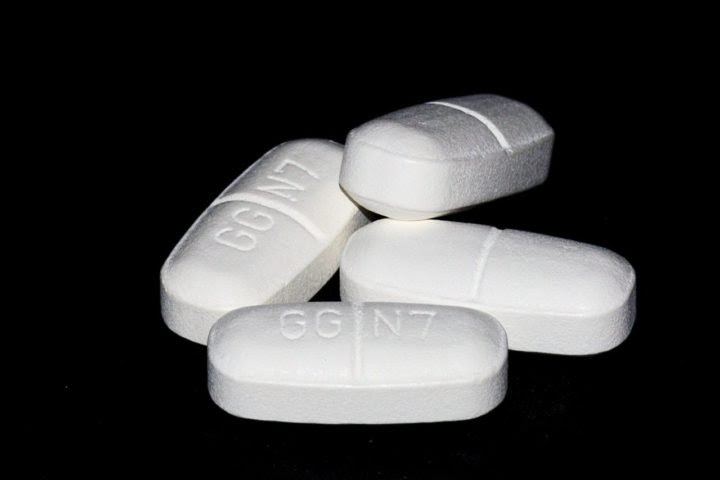The world is facing a huge problem of antibiotic resistant bacteria. Once our medicine stops working against bacterial infections, we are going to be in huge trouble. But scientists are already looking for alternative approaches. One of them could be metals, as indicated by this new study from the University of Queensland.

Various bacteria are becoming more resistant to our chemical antibiotics. This is already causing some issues as doctors have to use stronger and stronger antibiotics, which cause more severe adverse side effects. Scientists are creating new antibiotics, but it is difficult to keep up with the growing antibiotic resistance. There are around 40 new antibiotics in clinical trials, but that is not that many – at the same time there are more than 1000 new anti-cancer drugs in clinical trials. Furthermore, those antibiotics being tested are mostly derived from older medicine, which means that bacteria is likely to develop resistance to them very quickly.
Now scientists have discovered 23 previously unexplored compounds containing metals such as silver, manganese, zinc, ruthenium and iridium that have antibacterial and antifungal activity. Metals kill bacteria using different mechanisms, which should mean that these kind of antibiotics would be more effective. As scientists have discovered, metal compounds selectively kill cells of bacteria, including the potentially deadly methicillin resistant Staphylococcus aureus (MRSA). Some compounds were active against dangerous Gram-negative pathogens such as Escherichia coli and Acinetobacter baumannii, which are very difficult to treat using current antibiotics.
Scientists reviewed thousands of compounds to determine which ones have the biggest potential to become the basis for the new generation of antibiotics. Dr Mark Blaskovich, lead author of the study, explained: “So far we have received and screened 300,000 compounds, including nearly 1000 metal-containing compounds, from over 300 academic groups across 47 countries”. Scientists hope that their research will interest pharmaceutical companies.
The development of new antibiotics is very slow and not very profitable. Which is why many pharmaceutical companies are not currently heavily investing into development of new antibiotics. This new approach using metallic compounds could change this trend and hopefully accelerate the research into new generation of antibacterial treatments.
Source: University of Queensland

Leave a Reply